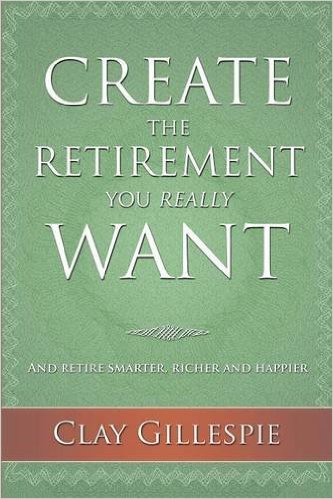
Ask anyone what are the best things you can do for maintaining a healthy lifestyle, most often the answer (besides more exercise) is to start with managing trans fats and junk food in your diet.
No arguing with that advice. But what continues to be overlooked is our dependence on sugar, particularly when made in the form of a sweetener called fructose. In its worst form known as high fructose corn syrup, evidence continues to mount that its over-consumption is a red flag for encouraging cancer development.
The recommended daily limits for sugar are 35 grams for men and 23 grams for women. Yet many people blow away a day’s limit every day with one 50g soda. So how does one get to healthy levels without falling into depression at having to reduce your life-long allegiance to soda, juices, certain yogurts and salad dressings, not to mention candy, certain breads, granola and energy bars? (Go to Dr Mercola’s web-site for an exhaustive list of such foods.)





